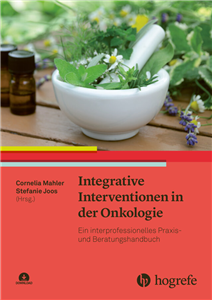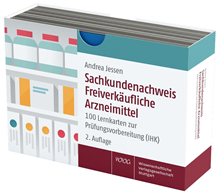Phytotherapy in Equine Practice
Pocket guide
by Dr. Herbert Konrad
Lemon balm tea for competition anxiety, cottonwood bark for myositis, devil’s claw root for laminitis – yes, herbal preparations promote healing in horses too! An experienced veterinarian has gathered together the skills of his holistic treatment - Profiles of herbal drugs: Therapy-relevant characteristics of the medicinal plants - Veterinary practice: Examination, repertorisation (finding the suitable remedy), treatment plan, calculation of the dose for a horse, including examples of equine patients - Indications: Proven phytotherapeutic agents for the most common diseases This book shows that even chronic cases or those refractory to conventional medicine can be successfully treated with the healing power of plants.























